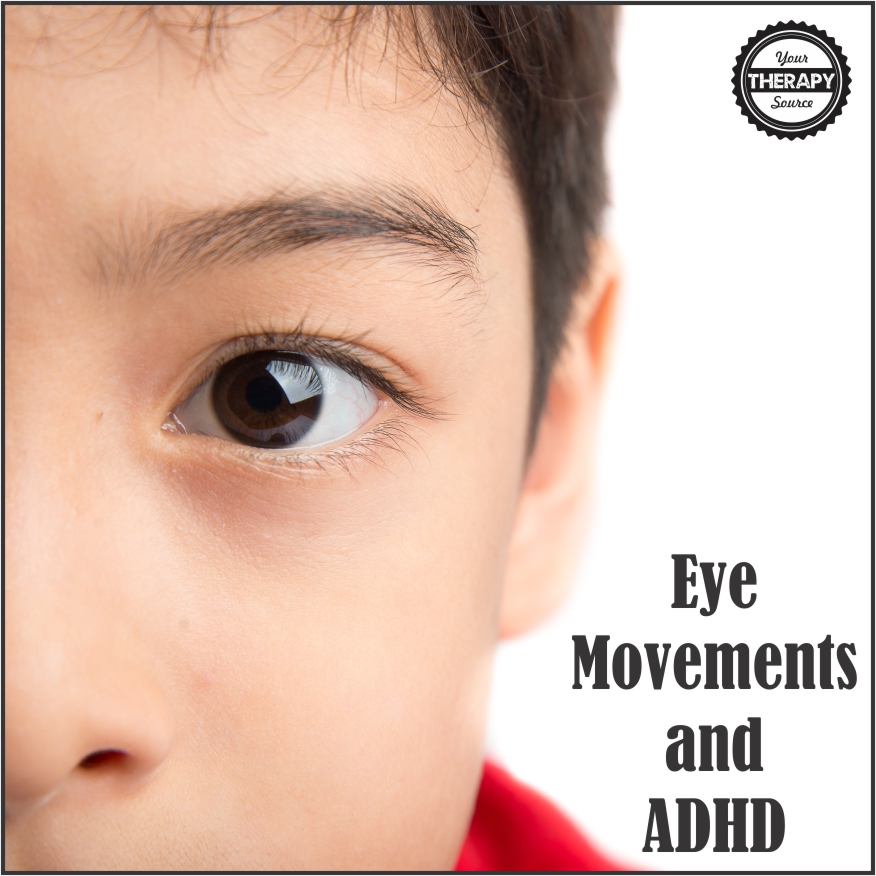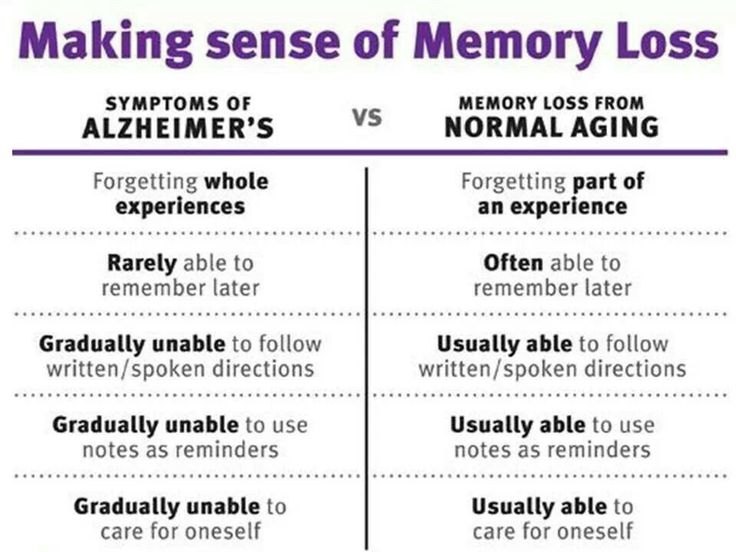Narcissist help line
5 Warning Signs of Narcissistic Abuse
Narcissistic abuse is aggressive, vengeful, and calculated. People who experience this type of abuse often feel isolated, confused, and unclear about what went wrong in the relationship.
According to Psychology Today, Narcissistic Personality Disorder (NPD) is: “Defined by emotional volatility, a lack of empathy, and delusions of superiority and entitlement…” They also state that “NPD is linked with interpersonal exploitation, rage, and aggression, most often directed at family members.”
These abusers are manipulative and controlling, but the physical abuse is not always present. “But they never hit me” is a common phrase expressed by those who experience narcissistic abuse when they finally seek help.
Since narcissistic abuse is insidious, becoming familiar with these warning signs can help you recognize what is happening in your relationship or the relationships of family and friends. If you notice these patterns, please know that you’re not alone, you did nothing wrong, and support is available.
Here are five warning signs of narcissistic abuse to watch out for in your relationship.
1. Your Relationship Moves Quickly
Narcissists appear charming. They may buy you gifts, take you on vacations, and check in often via phone calls or texts. The relationship may feel like it’s moving quickly in an exciting way. They may encourage you to take significant steps early in the relationship, including moving in together, merging finances, or getting engaged.
On its own, a fast-moving relationship could mean you’re compatible with one another. However, if you notice additional red flags throughout the relationship, it’s best not to ignore them.
2. You Feel Like You’re Walking On Eggshells
When your partner walks into the room, you may find yourself afraid or on edge. You may feel like you never know which version of them you’ll get. It could be the kind, the thoughtful persona you fell in love with or the angry, abusive person they truly are.
You deserve a relationship where you feel safe, valued, and loved. If you feel afraid around your partner, consider taking steps to end the relationship. Safety planning with an advocate can help you make the best choices for yourself and your family.
3. You Feel Like You’re Going Crazy
When you’re in a relationship with a narcissist, you may find yourself second-guessing everything you know to be true. You may wonder if you are crazy and overly sensitive, and you may distrust your memories. You may find yourself apologizing regularly and taking full responsibility for everything the abuser holds against you.
Narcissists are master manipulators and are skilled at gaslighting. If you regularly hear phrases like these, consider them huge warning signs:
-
You’re overreacting.

- You need help.
- I never said that.
- Why are you so upset? I was just kidding.

- You’re imagining things.
- You’re so sensitive.
- Are you sure? You have such a bad memory.

- Stop acting crazy.
- That never happened.
Writing your experiences down is an excellent way to validate what you know to be true and maintain records of the abuse.
4. You Feel Isolated
Both social isolation and financial abuse are components of narcissistic abuse. You may feel as though the abuser is demanding all of your time and energy, and you may find yourself spending less time with friends and family. You may also notice that the abuser is interfering with your job or encouraging you to stop working altogether.
If you find yourself relying heavily on your partner for companionship and financial security at the expense of your friendships and career goals, this may indicate that there is a bigger problem.
5. You Wonder What Happened To The Person You Fell In Love With
Every so often, that kind, caring, thoughtful person, you fell in love with will re-emerge. You may find yourself hopeful that the relationship will take a turn for the better. You may feel like the relationship is worth saving.
Healthy relationships are honest, respectful, and reciprocal. If these are consistently missing from your relationship, it’s a good time to re-evaluate.
Help Is Available
If these patterns sound familiar, you may be the target of narcissistic abuse.
This type of abuse happens slowly over time. It’s not clearly defined for survivors, and since this type of abuse is not always physical, survivors often second-guess whether it is abuse at all.
Without intervention, these patterns will continue indefinitely. Even with intervention, post-separation abuse will likely ensue, so safety planning is paramount.
Help is available. If you suspect you’re experiencing narcissistic abuse, or if you’ve left an abusive relationship and post-separation abuse continues, call our free 24-hour domestic violence helpline at (727) 895-4912 or TTY: (727) 828-1269.
If it is not safe to call, you can reach a CASA advocate at www.casapinellas.org/chat.
Narcissism and Abuse - The Hotline
Trying to find an explanation for an abusive partner’s behavior can be an exhausting task. It is natural to want to understand how someone we care deeply about, who says they care for us, is capable of saying and doing things to us that are hurtful or even dangerous.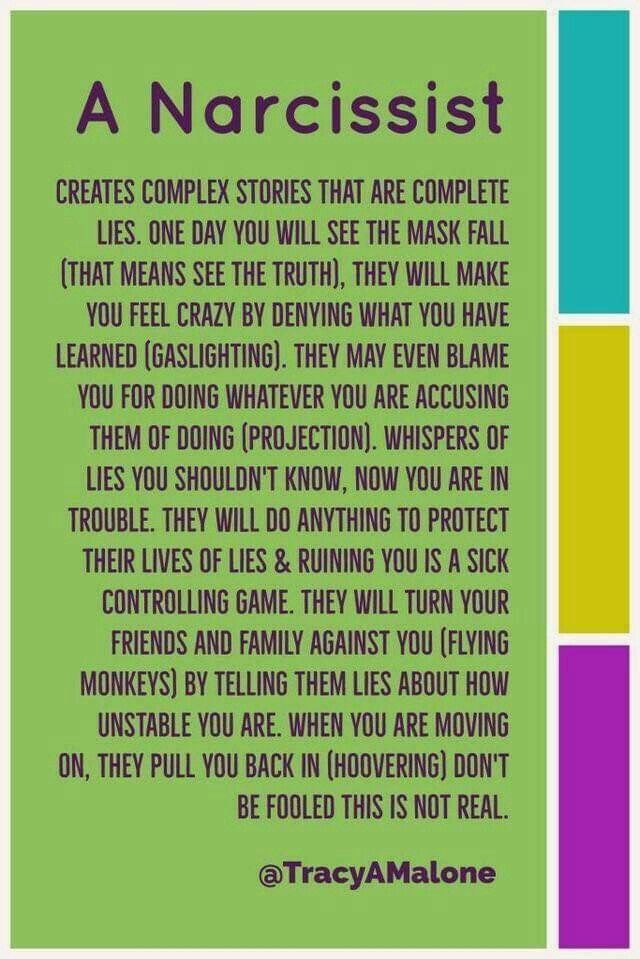 Additionally, the sheer amount of articles and opinions on abusive behaviors can become overwhelming. Terms like narcissistic, antisocial/sociopath or borderline personality often come up in that search for answers. Many of these labels are used loosely in the media we read and watch, and here on the lines, we hear them a lot.
Additionally, the sheer amount of articles and opinions on abusive behaviors can become overwhelming. Terms like narcissistic, antisocial/sociopath or borderline personality often come up in that search for answers. Many of these labels are used loosely in the media we read and watch, and here on the lines, we hear them a lot.
“I think my partner is a narcissist.”
“Narcissist” is one of the more common terms we hear from callers and chatters about their abusive partners. This word is most often used to describe a person who is egotistic or self-serving and does not acknowledge the feelings of others. It is important to remember that narcissistic characteristics can show up to varying degrees in any person, but this is not necessarily an indicator that a person is dealing with a personality disorder.
A person who has narcissistic personality disorder, as described in the “Diagnostic and Statistical Manual of Mental Disorders” (DSM-IV), shows extreme, rigid and consistent expressions of narcissism, including:
- Expectations of superior treatment from others
- Fixations on fantasies of power, success, intelligence, attractiveness, etc.

- A belief that they are unique, superior, and associated with high-status people and institutions
- Needing constant admiration from others
- A sense of entitlement to special treatment and to obedience from others
- Exploitation of others to achieve personal gain
- An unwillingness to empathize with others’ feelings, wishes, or needs
- Intense jealousy of others and the believe that others are equally jealous of them
- Pompous and arrogant demeanor
Whether using the DSM or an internet search, it’s easy to see how these traits might sound spot-on to describe abusive partners. The same can also be said of characteristics of other personality disorders. It can feel empowering to be able to define your partner using these commonly-cited personality disorders.
But labeling a person with a diagnosis without intensive knowledge and experience, or based on generalizations, can be problematic in a few ways.
Although disorders and diagnoses are often go-to explanations for abusive behavior, we know that mental health issues do not excuse or directly cause intimate partner abuse.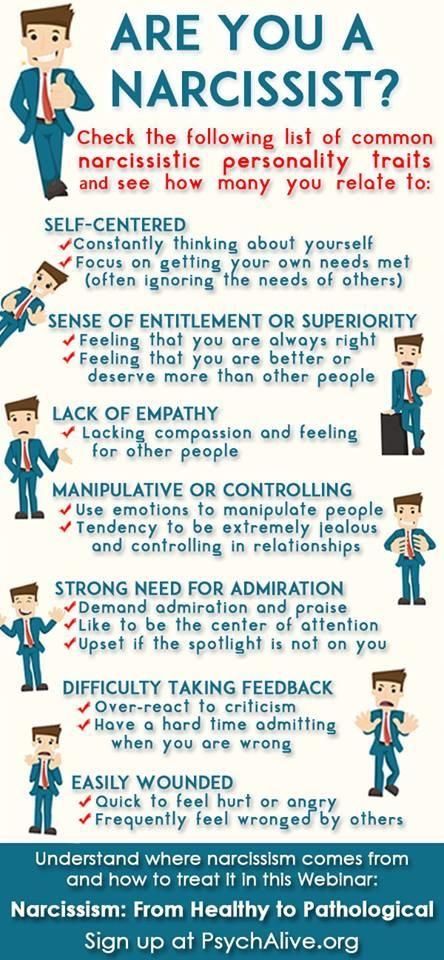 At this time, there is no research that conclusively shows that a higher percentage of abusive partners deal with mental illness or disorders (including narcissistic personality disorder) than the general population. Some abusive partners may be living with narcissistic personality disorder, but many of them are not. And while people managing mental health disorders may face the stigma of violence or abuse, it’s important to understand that having a mental health disorder does not mean that a person will be emotionally or physically abusive.
At this time, there is no research that conclusively shows that a higher percentage of abusive partners deal with mental illness or disorders (including narcissistic personality disorder) than the general population. Some abusive partners may be living with narcissistic personality disorder, but many of them are not. And while people managing mental health disorders may face the stigma of violence or abuse, it’s important to understand that having a mental health disorder does not mean that a person will be emotionally or physically abusive.
There is no causational link between mental health issues and the choice to abuse one’s partner.
Connecting an abusive partner’s abusive behaviors with a disorder can also blur the line between free will and something seen as “unchangeable.” Many disorders, including narcissistic personality disorder, are marked by a person’s inability to identify their behaviors as unhealthy or show empathy to those affected by their actions, greatly reducing the possibility of change. When people consider their partner’s behavior in this way and apply a label like “narcissist,” it may lead to a belief that their partner has no control over their behavior or even a feeling of acceptance of their behavior.
When people consider their partner’s behavior in this way and apply a label like “narcissist,” it may lead to a belief that their partner has no control over their behavior or even a feeling of acceptance of their behavior.
Or, a person might feel that if only their partner could get diagnosed, they could get some combination of medication and therapy to turn things around. However, medication is not a fix-all and is not appropriate for everyone managing a mental health disorder. It is also important to keep in mind that medication is not a treatment method for abusive behaviors. Abusive behavior would need to be addressed separately. We know that whether someone has a mental health disorder or not, they are always in control of their choices and abuse is a choice that someone makes. Therefore, medication cannot be an appropriate solution.
Mental health disorders are commonly used as a way to justify and excuse abusive behaviors when in reality an abusive partner is in control of their actions.

Abusers often minimize or deny their behaviors, or even shift the blame to the non-abusive person. While it can feel like your partner ”just doesn’t get it” and lacks self-awareness, this is often an emotionally abusive tactic used to make the other partner question themselves.
They choose to limit how far the abuse goes and when it happens.
For example, they will become physically threatening but not hit their partner. Or, they will be abusive only in ways that cannot be recorded by their partner as evidence.
They only behave abusively toward their partner.
Someone managing a personality disorder will exhibit behaviors across the different areas of their life, not just with their partner. That means, if a person is manipulative with their partner, they will act similarly at work, with friends, or in other social settings. This often makes it difficult to maintain both professional and personal relationships, in addition to their intimate partnerships.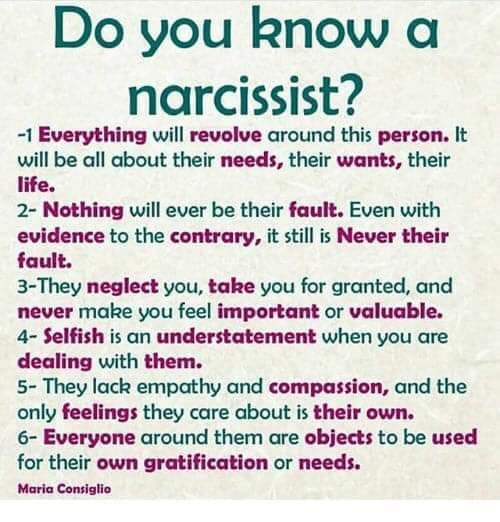
Their behaviors escalate.
While the dynamic of a person’s mental health can change over time and circumstance, behaviors are generally consistent over time. One tactic abusive partners use is choosing not to behave abusively during certain periods, but gradually intensifying the abuse as the relationship progresses. An abusive partner manages how their behaviors present over time.
It’s important to understand that whether or not your partner is dealing with a mental health disorder or issue, you are not responsible for their behaviors. Your partner could be diagnosed with a personality disorder and still choose to not be manipulative and controlling. If your partner is dealing with mental health issues, that is something they will need to acknowledge and seek support for on their own. The same is true for getting support in addressing abusive behaviors. If your partner is abusive, their behavior is never something you can cause and is not something you can “fix.” In the end, a person must actively choose for themselves to take the steps needed to make a change.
If you have questions or concerns about your partner’s behavior, reach out to our advocates 24/7/365.
Answers shouldn’t be hard to find.
We're here to help!
Narcissistic Personality Disorder | Clinical Center "Psychiatry-Narcology"
Working hours
Mon.-Fri.: 8:00-17:00
Phones
call center
+375 (17) 311-00-99
+375 (29) 899-04-01
+375 (29) 101-73-73
Ask a question Ask a question
- About Us
- News
- narcissistic personality disorder
Narcissism is an excessive, pathological narcissism that has no real basis. The "Narcissus" lives in a deep and unshakable conviction that he is morally, intellectually and culturally superior to all other representatives of humanity. His talents, in his opinion, are indisputable and unique. And the fact that he still remains in the shadow of the greats of this world is the result of the envy of others, their desire to “lower” the narcissist to their low level and equalize him with the gray mass. But for completeness of understanding, the syndrome of narcissism should be considered from two angles.
The "Narcissus" lives in a deep and unshakable conviction that he is morally, intellectually and culturally superior to all other representatives of humanity. His talents, in his opinion, are indisputable and unique. And the fact that he still remains in the shadow of the greats of this world is the result of the envy of others, their desire to “lower” the narcissist to their low level and equalize him with the gray mass. But for completeness of understanding, the syndrome of narcissism should be considered from two angles.
In the first one, it will appear as a personality dysfunction — a condition in which inner harmony and full interaction with the outside world are impossible. A person with the syndrome of narcissism is in constant confrontation with internal beliefs and socio-cultural norms, which leads his mental state to an extremely unstable format. As a result, social maladjustment develops, a person is forced to isolate himself from the outside world, and without treatment, the severity of his condition gradually increases.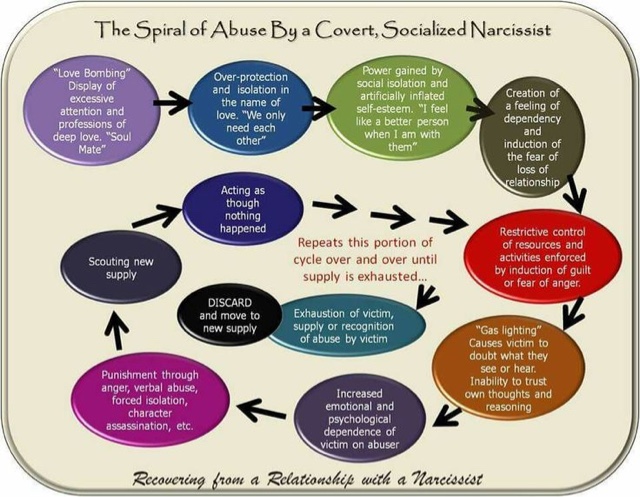 From another perspective, narcissism can be seen as a "borderline" character trait. It still fits within the norm, but at the same time it makes a person react to various events in a very specific way, which prevents the “narcissist” from adapting to the environment in which he lives, does not allow him to build healthy relationships with loved ones, makes personal life impossible. Thus, depending on the severity of the syndrome of narcissism, it can be spoken of as a disorder or as a personality trait. But in any case, the person needs help. While despising a society that is unworthy of him, the narcissist may nevertheless feel repressed guilt over his words and actions, feel anxiety and fear when thinking about the future. What awaits him there, further, if he is still not appreciated and ends his life "like everyone else"? The syndrome of narcissism is not a personal whim of a person, but a condition that requires qualified treatment.
From another perspective, narcissism can be seen as a "borderline" character trait. It still fits within the norm, but at the same time it makes a person react to various events in a very specific way, which prevents the “narcissist” from adapting to the environment in which he lives, does not allow him to build healthy relationships with loved ones, makes personal life impossible. Thus, depending on the severity of the syndrome of narcissism, it can be spoken of as a disorder or as a personality trait. But in any case, the person needs help. While despising a society that is unworthy of him, the narcissist may nevertheless feel repressed guilt over his words and actions, feel anxiety and fear when thinking about the future. What awaits him there, further, if he is still not appreciated and ends his life "like everyone else"? The syndrome of narcissism is not a personal whim of a person, but a condition that requires qualified treatment.
The treatment of narcissistic disorder involves several steps.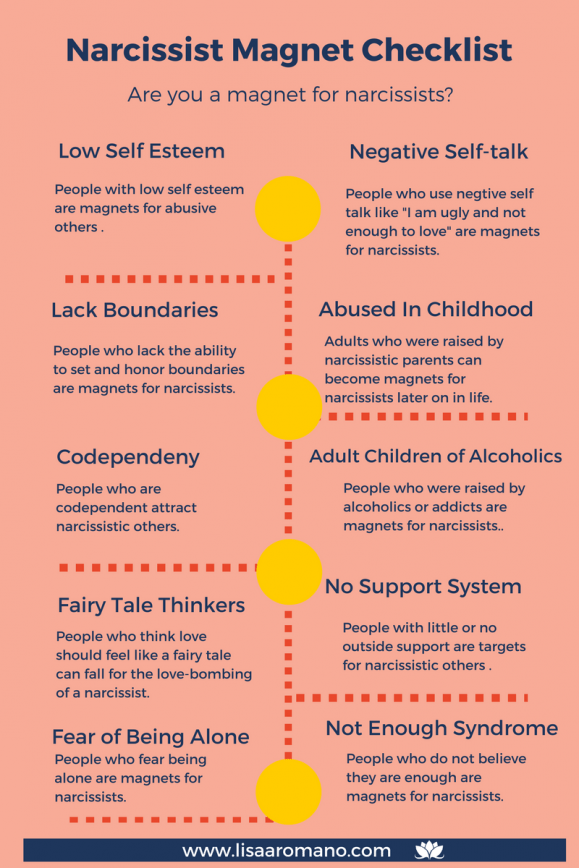 Identification of the cause of this condition. During individual consultations, a clinical psychologist or psychotherapist finds out the various circumstances of the patient's childhood and adolescence, looking for markers of various traumas or educational disorders that could lead to the development of narcissism. Rationalization of traumatic situations. At this stage, the referred patient makes a realistic assessment of the various circumstances. Going beyond emotions and guided only by facts, he learns to rationally evaluate events, people, words, deeds, without tying them to his personality. Social adaptation. It is important not only to help a person find his “real” self, but also to find himself in this world. To this end, the patient is trained in methods of managing stress and anger, the ability to communicate with others, show their emotions, etc. The duration of treatment may vary - it depends on the individual characteristics of the situation, the psychotype of the patient's personality, his desire to become a healthy person and the readiness of his relatives to support him on this way.
Identification of the cause of this condition. During individual consultations, a clinical psychologist or psychotherapist finds out the various circumstances of the patient's childhood and adolescence, looking for markers of various traumas or educational disorders that could lead to the development of narcissism. Rationalization of traumatic situations. At this stage, the referred patient makes a realistic assessment of the various circumstances. Going beyond emotions and guided only by facts, he learns to rationally evaluate events, people, words, deeds, without tying them to his personality. Social adaptation. It is important not only to help a person find his “real” self, but also to find himself in this world. To this end, the patient is trained in methods of managing stress and anger, the ability to communicate with others, show their emotions, etc. The duration of treatment may vary - it depends on the individual characteristics of the situation, the psychotype of the patient's personality, his desire to become a healthy person and the readiness of his relatives to support him on this way. Self love is wonderful. But it is even more beautiful to love yourself as a real person, with all the advantages and disadvantages - they are no less unique than the “mask” of a narcissist.
Self love is wonderful. But it is even more beautiful to love yourself as a real person, with all the advantages and disadvantages - they are no less unique than the “mask” of a narcissist.
What is the problem of narcissistic people and how narcissism destroys life? And this means that such people with a high degree of probability will not start a family and will not give birth to children, but will devote their lives exclusively to themselves. In addition, people who are prone to excessive narcissism tend to manipulate and subjugate others. With the help of experts, we found out the reasons for this trend, and also learned why you should not confuse everyday and clinical narcissism.
Narcissists find it difficult to start families and raise children, and they themselves have a negative impact on others. Vechernyaya Moskva asked experts what the problem is with narcissists.
Society dictates
One of the reasons that narcissism in society is progressing is the recently popular expression “you must love yourself,” says clinical psychologist Mikhail Khors.
— From the pages of popular publications, from Internet sites, TV channels and radio broadcasts, experts insistently urge you to accept yourself as you are, — says the psychologist. - Do not complex, do not dwell on your shortcomings. On the contrary, every morning in front of the mirror, remind yourself of your attractiveness. Like, until you love yourself, no one will love you.
But a narcissist is a person with psychological problems. As a result of such daily trainings, his perception of his own person ceases to be adequate.
— That is, he begins to love himself not as he really is, but as he imagined himself to be. And then - I have to constantly assert myself so that self-esteem does not fall. As a rule, the narcissist asserts himself at the expense of others. That is, he deliberately belittles those around him in order to seem better against their background, - says Mikhail Khors.
Moreover, the narcissist will not work on himself in other ways and strive to really become better, more educated. He chooses the path of least resistance: either he finds a social circle where he is the leader, or he begins to morally “destroy” those around him through pressure, through humiliation or provoking guilt in them, thereby causing others to feel inferior.
He chooses the path of least resistance: either he finds a social circle where he is the leader, or he begins to morally “destroy” those around him through pressure, through humiliation or provoking guilt in them, thereby causing others to feel inferior.
- And if such a "friend" does not agree with something, criticizes the narcissist - they say goodbye to him easily and quickly, they literally throw him out of his life, - says the psychologist.
Social network stars
As a rule, the narcissist is also very active in social networks in order to assert himself. So for others, he creates the illusion of an ideal life. Basically, he publishes beautiful photos and tells stories about his life. And not always true.
- At first glance, it seems that such activity does not bother anyone, - says Mikhail Khors. - Like, a person likes to constantly publish their pictures and tell subscribers about every step taken - well, let them. However, this habit of his is actually not so harmless: it can harm impressionable and vulnerable people. So, one of my clients watched the life of her former classmate through the social network for a long time. She constantly posted photos from vacations, from expensive restaurants, described her life in the most attractive colors: supposedly her husband was perfect, and her children were talented. As a result, this client, of course, began to envy someone else's happiness. And she began to project all these virtual stories onto her own life. She believed in everything that her friend wrote so much that it began to seem to her that her husband and children were far from perfect. The house began to nitpick, scandals ... Psychological therapy was needed for this woman to finally understand that such photographs often do not reflect reality in any way - usually this is an ordered professional photo session. And publications about an ideal life are just a banal way to splurge. All this, as a rule, is done for show. And it is likely that in real life - in between publications on the network - exactly the same scandals occur in this family, there are problems that simply cannot be flaunted.
So, one of my clients watched the life of her former classmate through the social network for a long time. She constantly posted photos from vacations, from expensive restaurants, described her life in the most attractive colors: supposedly her husband was perfect, and her children were talented. As a result, this client, of course, began to envy someone else's happiness. And she began to project all these virtual stories onto her own life. She believed in everything that her friend wrote so much that it began to seem to her that her husband and children were far from perfect. The house began to nitpick, scandals ... Psychological therapy was needed for this woman to finally understand that such photographs often do not reflect reality in any way - usually this is an ordered professional photo session. And publications about an ideal life are just a banal way to splurge. All this, as a rule, is done for show. And it is likely that in real life - in between publications on the network - exactly the same scandals occur in this family, there are problems that simply cannot be flaunted.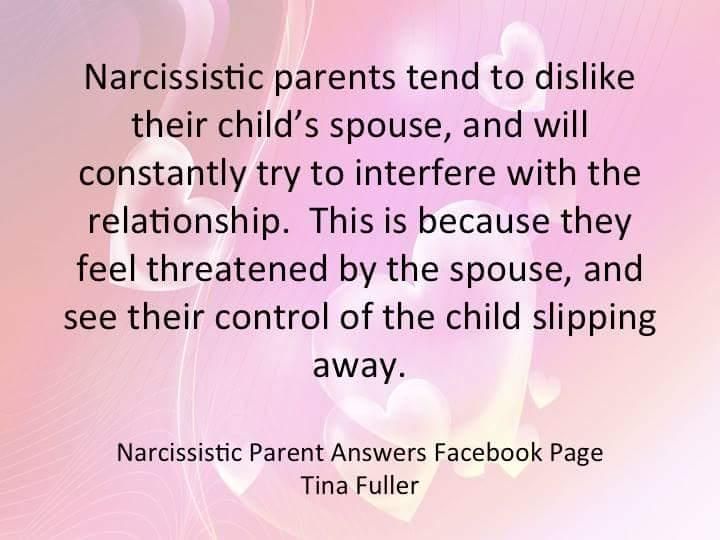
Children believe in beautiful pictures
Narcissus likes to post his personal photos on social networks. Of course, only the most successful ones.
- Modern applications allow you to make yourself perfect skin, hair, "put" expensive watches and jewelry on your hand ... Of course, an adult is well aware of the so-called glossy magazine effect - that is, a deceptive edited picture that has little to do with reality. But the child is vulnerable in this case,” says Mikhail Khors.
An immature person will believe that their favorite actor or actress looks the same in everyday life as in photographs. But something is probably wrong with them themselves ... After all, idols have neither acne nor excess weight, and the clothes are always perfectly matched. Only now, the child may not know that there is a whole team of professionals behind one such shot - a makeup artist, photographer, stylist, graphic designer, and so on.
— Due to the fact that a teenager compares himself with his idol or some other, in his opinion, ideal outwardly person, his self-esteem drops, an inferiority complex develops. This age is already difficult: there is a hormonal restructuring of the body, a crisis of self-determination. As a result, after looking at the perfect photos of idols, a teenager can bring himself to anorexia. In extreme cases, self-doubt can even lead to suicidal thoughts.
This age is already difficult: there is a hormonal restructuring of the body, a crisis of self-determination. As a result, after looking at the perfect photos of idols, a teenager can bring himself to anorexia. In extreme cases, self-doubt can even lead to suicidal thoughts.
Therefore, it is very important for parents to take the time to review the photos of these stars together with their child, the psychologist recommends.
— Of course, in today's world it is not possible to completely restrict a child's access to the Internet. If desired, he will be able to access the network secretly. Therefore, more reasonable measures must be taken, the expert advises.
For example, look at pictures of stars together and explain that this picture is fiction. That in everyday life this person can look completely different: without styling, makeup and outfit, you can’t distinguish a star in the crowd from an ordinary passer-by. But just one such conversation is not enough. We need to be patient and often, while at home, question the ideal image of celebrities.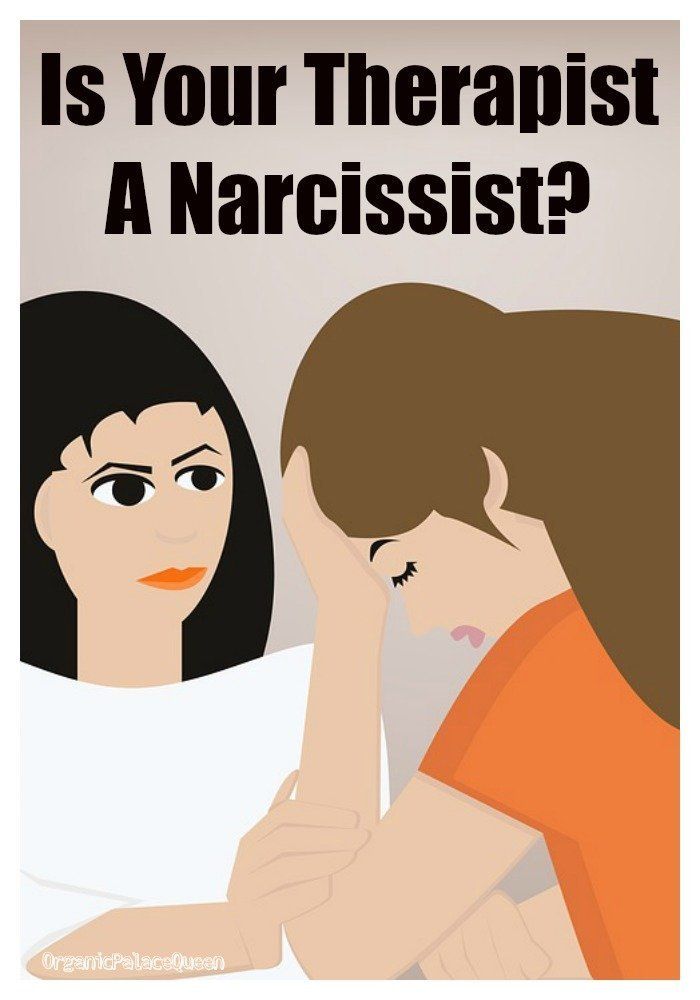
A couple of narcissists will not get along together
Normal healthy family relationships with a person suffering from narcissism are difficult to build, says Gestalt therapist and child psychologist Anfisa Kalistratova.
— A narcissistic partner is cold, constantly demanding increased attention, — says the psychologist. - From his half, he expects admiration and sacrifice. Although he is not ready to give anything in return. These are the people who are used to receiving care and attention. And their partners, in turn, become the so-called energy donors. Often, a narcissist can humiliate his chosen one, leading to mental exhaustion.
Partners, in turn, at first sacrifice some of their principles, bend. But at the same time, they still maintain a relationship with a narcissist for a long time.
“Even if others say that they are in an unhealthy, co-dependent relationship, and their partner behaves strangely, they do not believe in it for a long time, they deny it,” continues Anfisa Kalistratova. - But over time, such people still wonder: what is wrong in my relationship? After all, in their opinion, they did a lot in order to maintain their union and brighten up the life of their beloved. But there is no positive result. And in this case, they reach the so-called bottom: they realize that they have fallen into the trap of a manipulator. It can take years to get to this point. And after that, the victim of the narcissist needs a long therapy. It can be difficult for them to build new relationships in the future.
- But over time, such people still wonder: what is wrong in my relationship? After all, in their opinion, they did a lot in order to maintain their union and brighten up the life of their beloved. But there is no positive result. And in this case, they reach the so-called bottom: they realize that they have fallen into the trap of a manipulator. It can take years to get to this point. And after that, the victim of the narcissist needs a long therapy. It can be difficult for them to build new relationships in the future.
But two daffodils can't get along with each other. Their relationship will not survive the constant struggle with each other for dominance and attention. Everyone will try to pull the blanket over themselves, but none of the partners will obey.
Inherited
As a rule, narcissists rarely decide to start a family. Usually they live only for their own pleasure and are not ready to share it with others. Therefore, their parents are cold and distant. Children develop what is known as narcissistic trauma. They may experience a lack of care and attention.
Children develop what is known as narcissistic trauma. They may experience a lack of care and attention.
“People who are in love with themselves are not able to give feelings to others, including their children,” explains Anfisa Kalistratova. - Therefore, over time, their children can either grow up as notorious personalities, or, conversely, become the same egoists. They will strive to become like their parents. That is, in the same way in the future they will begin to put themselves above others.
Moreover, there is a possibility that the daughters or sons of narcissistic parents will look for a mate to match their mothers or fathers. And it won't lead to anything good.
- In this case, they will always be in search of the same supposedly ideal, impeccable people. But in the end they will not find such - after all, every person has his own shortcomings. And the child of a narcissist, by the way, firmly believes in the uniqueness of his parent - this is how he was inspired from early childhood. Therefore, the search for the same beautiful person can be delayed until this child understands that all ideality is just an illusion, the psychologist said.
Therefore, the search for the same beautiful person can be delayed until this child understands that all ideality is just an illusion, the psychologist said.
Children of narcissists may also develop a pathological fear of shame. To avoid a negative reaction from others, they can unquestioningly fulfill their every whim. The danger of a narcissistic disorder is that in the future such people are more prone to depression and drug use.
To get rid of it, you need to learn to ask
According to clinical psychologist Yana Tolmacheva, narcissists often admit that it is difficult for them to ask for something from another person.
- All because they feel shame. It seems to them that in this way they show their weakness and inability to live, - says the psychologist. “For them, asking someone else for help is humiliating. At the same time, narcissists may argue that the people around them are insensitive and cannot offer their help themselves. However, they need to be explained that other people are not able to guess their needs.
However, they need to be explained that other people are not able to guess their needs.
Thus, one of the ways to get rid of narcissistic disorder is to say to yourself the feelings that arise at the moment when you need to ask for help.
- As a rule, as a result of such therapy, the narcissist manages to independently understand that turning to another is not a sign of weakness, but a common routine. And because of such the smallest requests, self-esteem should not suffer, - says Yana Tolmacheva.
TOP-5
Signs of unhealthy complacency
— Every new space is perceived as a potential place for a photo shoot.
— Among the environment of the narcissist are only people who admire him and agree on everything. The rest he avoids.
— The social network supersedes all other human interests.
- He literally lives in a virtual world.
- A bad photo causes irritation.
- Depends too much on other people's opinions.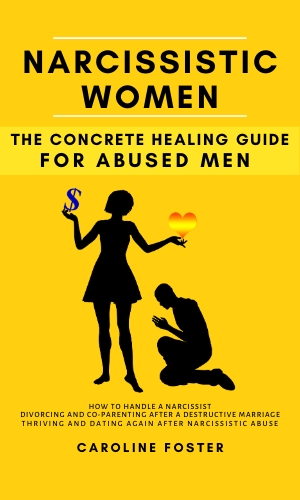
REFERENCE "VM"
Experts say that narcissistic personality disorder occurs in childhood for two reasons. Or because of too good and reverent attitude from the parents. Or, on the contrary, due to tensions in the family. At the same time, the first option is more widespread: many children begin to believe in their superiority because of the constant praise from their parents. But those who were not bestowed with love, on the contrary, can convince themselves of their impeccability.
Selfishness reigned
Narcissism is directly related to such phenomena in society as a decrease in the number of marriages, an increase in cases of divorce and voluntary refusal to have children. Alexander Sinelnikov, Professor of the Department of Sociology and Demography of the Faculty of Sociology of Moscow State University named after M. V. Lomonosov, came to such conclusions.
A study by the Department of Sociology and Demography of the Faculty of Sociology of Moscow State University named after MV Lomonosov showed that narcissism is most often characteristic of people who have a high place in the system of life values is personal freedom and independence.
“And this quality, of course, hinders the creation of a family,” says Alexander Sinelnikov, professor of the department. - Narcissists do not want to share a roof over their heads with someone - this, in their opinion, is an infringement of freedom. And if they are already in a relationship, then they are in no hurry to register them officially. Even if narcissists decide to take such a responsible step, such marriages often end in divorce: it is difficult to get along with a selfish person. And they are in no hurry to create a family again, as this again can put them in a dependent position.
Alexander Sinelnikov notes that in recent years the number of people living in a civil marriage or refusing to register a relationship has been increasing. The number of childless women is also on the rise. And an indirect sign of the emergence of this trend is, among other things, the so-called wave of narcissism.
“Most of those who hold such views on life are the generation of the only children in the family born in the 1990s,” says Alexander Sinelnikov, professor of the department. - For example, in Soviet times, the interests of the collective were taken higher than the interests of one taken individual. Now this ideology has long ceased to be predominant and has lost popularity. But in its place, no other appeared that would help people to stop putting their own interests above all else. At 19In the 1990s, a general "egoization" of the population reigned, especially among young people. All old values collapsed, and new ones did not appear.
- For example, in Soviet times, the interests of the collective were taken higher than the interests of one taken individual. Now this ideology has long ceased to be predominant and has lost popularity. But in its place, no other appeared that would help people to stop putting their own interests above all else. At 19In the 1990s, a general "egoization" of the population reigned, especially among young people. All old values collapsed, and new ones did not appear.
In the West, this began to happen even earlier, the expert says.
- Now in many European countries, by the age of 50, no more than half of men and women enter into legal marriage. They either prefer cohabitation or just live alone. For example, a study conducted in Germany showed that 25 percent of women born in 1968 had not given birth to a single child by the age of 50, says Alexander Sinelnikov.
The sociologist suggests that this trend may become typical for our country over the years.
- Since the end of the last century, the birth rate has been declining. But there is a positive moment - the state began to financially support families, - says the expert.
But there is a positive moment - the state began to financially support families, - says the expert.
Narcissus is difficult to recognize
Alexander Fedorovich, psychiatrist:
— Narcissism should not be confused with banal narcissism. The first is a diagnosis, a mental personality disorder. Not even every specialist can diagnose it - you need to have certain knowledge and experience. The second is the manner of behavior, which is characteristic of many people. I will give an example of an unhealthy manifestation of narcissism: a person reduces everything that happens in the outside world to his personality, believes that everyone around him thinks and talks only about him, he is convinced of his uniqueness. His behavior is demonstrative - in a word, he does everything for show. Often such traits are characteristic of representatives of the creative intelligentsia.
But if a person simply cares about his appearance a little more than usual, strives to look good, spends a lot of time in front of a mirror - this is not yet narcissism, although in everyday life such habits are often called that way.
Self-admiration is normal if it does not force a person out of ordinary life in any way. For example, a narcissist is so obsessed with their appearance that they feel the need for constant admiration. Demands this from others. Therefore, it all comes down to the fact that his circle of friends is only those people against whose background he feels special, the smartest, the most beautiful. In any other company, narcissists feel uncomfortable.
And, getting into a new space, people obsessed with themselves, first of all, look for interiors and angles in order to take a picture and post a new card on their page on a social network. If the pictures are unsuccessful, they are sincerely upset, annoyed. The narcissist perceives each of his appearances or meetings with friends as an occasion for publication.
But it is worth noting that if such habits are observed in adolescents, this is not yet a cause for concern. But if a person over 20 years old literally lives on Instagram, this is already a deviation .


